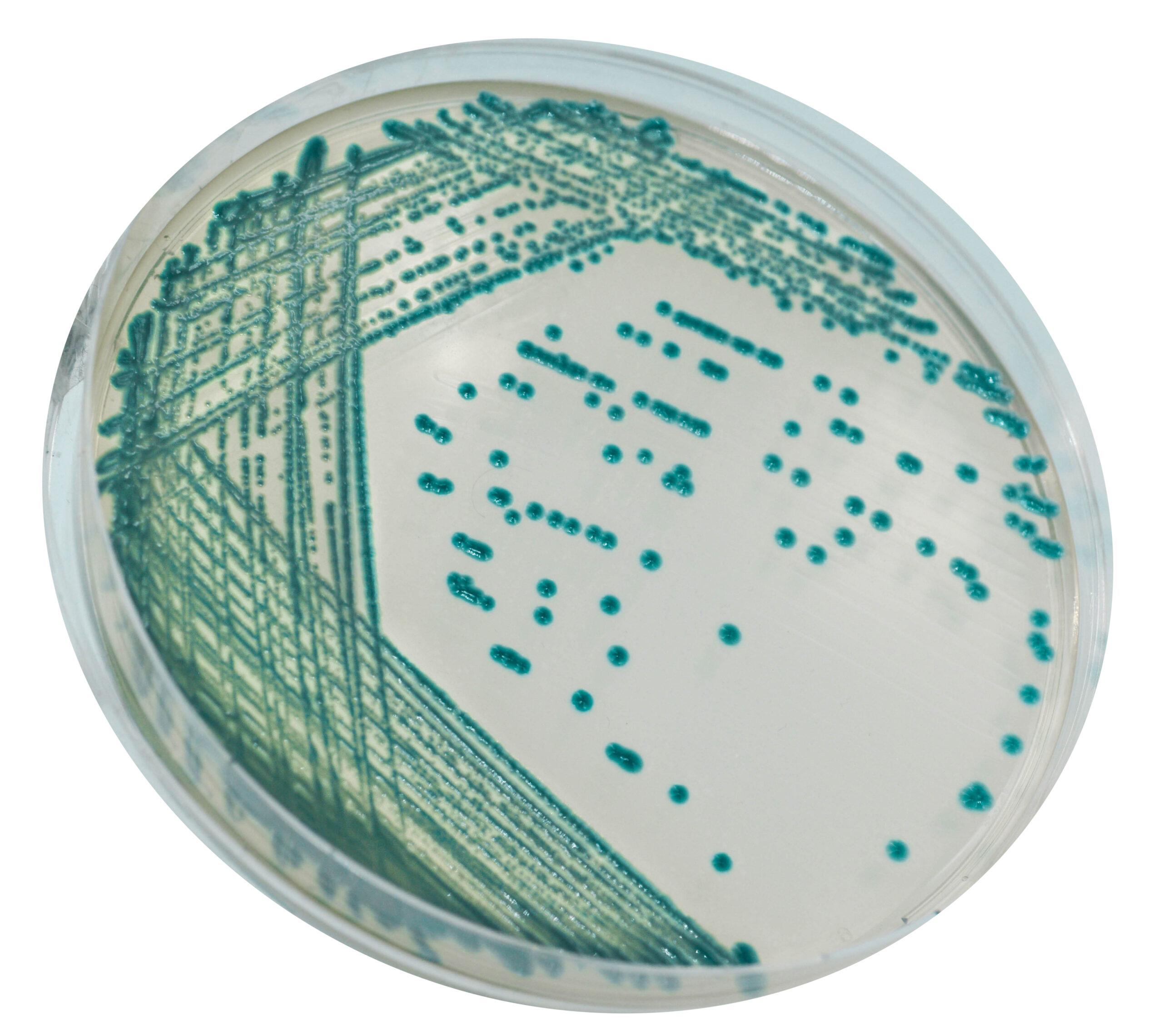Serratia marcescens
Serratia bockelmannii Cho et al. Serratia aquatilis Kämpfer.

Pdf Serratia Marcescens Enterobacteriaceae An Alternate Biocontrol Agent For Mosquito Vectors Aedes Aegypti And Culex Quinquefasciatus Diptera Culicidae Semantic Scholar
Serratia marcescens is an opportunistic gram negative nosocomial pathogen which belongs to family Enterobacteriaceae.

. Introduction of Serratia marcescens. Serratia marcescens on gramnegatiivinen bakteeri joka kuuluu Enterobacteriaceae heimoon. Serratia marcescens est une espèce de bactérie de bacille à Gram négatif de la famille des Enterobacteriaceae.
Serratia in honor of Serafino Serrati who ran the first steamboat on the Arno River in 1795 anticipating the discovery of Robert Fulton in 1807. Marcescens est impliqué dans des. Serratia entomophila Grimont et al.
It was discovered by Bizio an Italian pharmacist in. Folkehelseinstituttet FHI er varslet om et pågående utbrudd med bakterien Serratia marcescens skriver FHI i en pressemelding. Since the 1990s Serratia marcescens a gram-negative bacillus categorized as an Enterobacteriaceae member has been known to cause.
The word marcescens was chosen from. Un agent pathogène humain S. Marcescens is a gram-negative bacillus that occurs naturally in soil and water and produces a red pigment at room temperature.
Bakteerit ovat 15 μm kokoisia sauvabakteereja jotka eivät tuota itiöitä. Serratia is a member of the family Enterobacteriaceae and it is a Gram-negative facultatively anaerobic rod-shaped lacking spore. Serratia marcescens is a facultative anaerobic Gram-negative rod-shaped bacterium associated with nosocomial infections particularly urinary tract and wound infections.
Serratia marcescens is a facultative anaerobic Gram-negative rod-shaped bacterium associated with nosocomial infections particularly urinary tract and wound infections. Over the last 30 years Serratia marcescens has become an important cause of nosocomial infection. It is rarely a cause of.
In human patients it is often linked to intravenous drug use. October 8 2022 by Bibita Raut. Serratia ficaria Grimont et al.
There have been many reports concerning the identification antibiotic. Bakterien er påvist i flere av landets. Once considered a harmless saprophyte Serratia marcescens is now recognized as an important opportunistic pathogen combining a propensity for healthcare.
It is associated with urinary and. Serratia marcescens is an important cause of nosocomial infections in both human and veterinary medicine. Serratia marcescens is a gram-negative bacillus that is an opportunistic agent in respiratory tract infections urinary tract infections and septicemia.

Serratia Marcescens Bacteria Sem Fleece Blanket By Scimat Fine Art America

Environmental Isolate Case Files Serratia Marcescens Microbiologics Blog
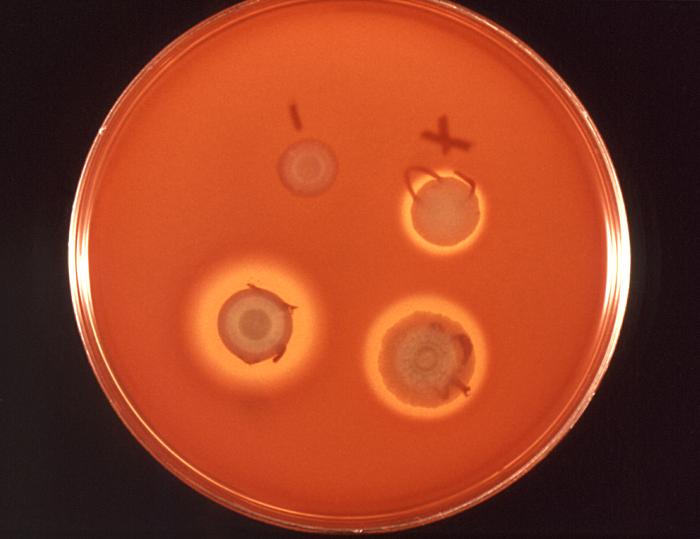
Details Public Health Image Library Phil
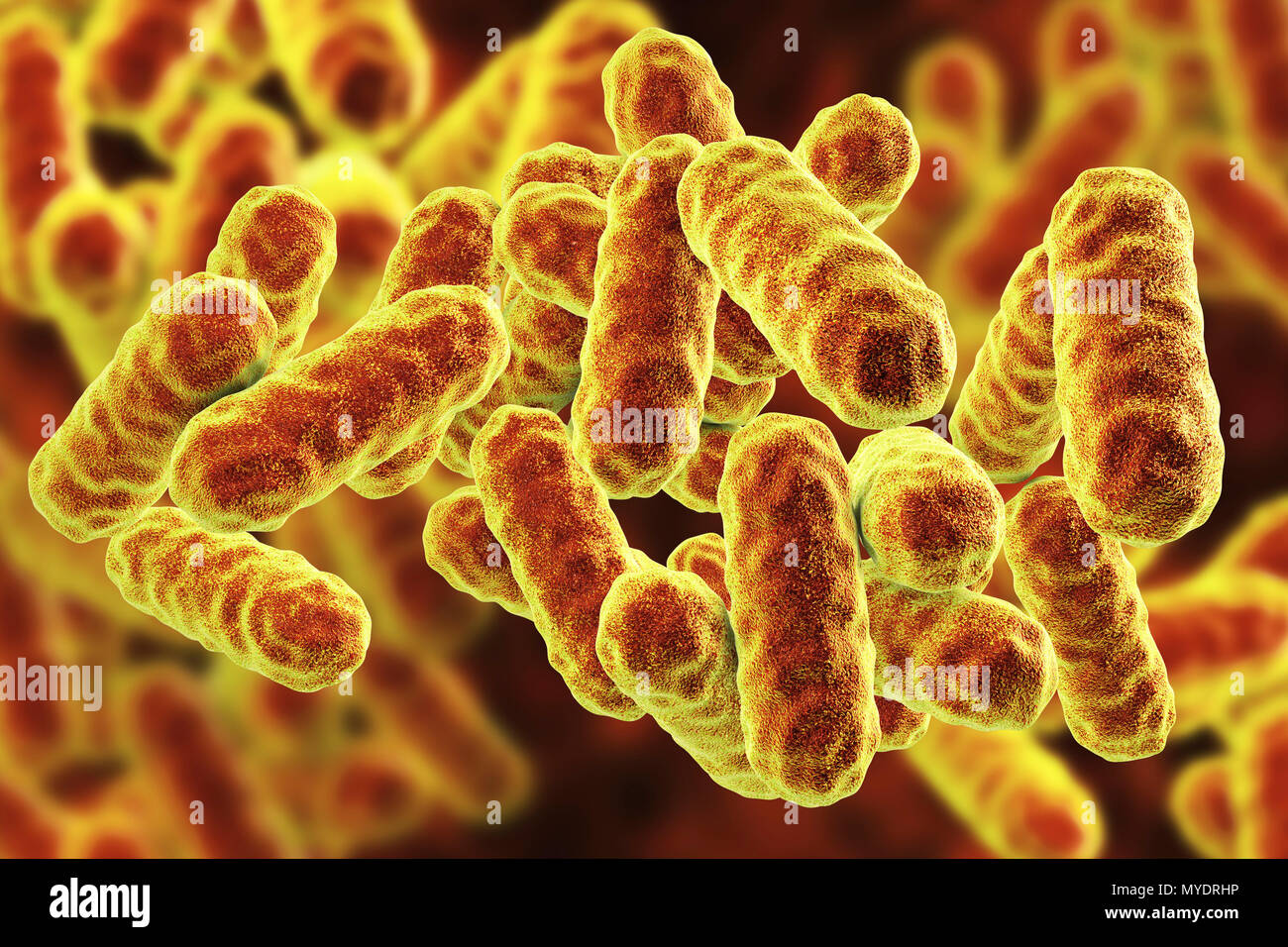
Serratia Marcescens Bacteria Computer Illustration Serratia Sp Are Rod Shaped Gram Negative Bacteria They Occur As Commensal Fauna In The Intestinal Mucous Membranes Of Man And Mammals S Marcescens Is Occasionally Pathogenic In Humans

Serratia Marcescens Culture Stock Image C036 9186 Science Photo Library
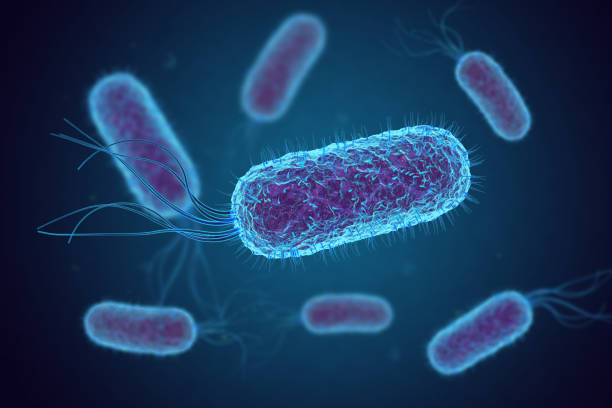
301 Serratia Marcescens Stock Photos Pictures Royalty Free Images Istock

Serratia Marcescens The Definitive Guide Biology Dictionary

5 Interesting Things About Serratia Marcescens

Mechanisms Of Bacterial Serratia Marcescens Attachment To Migration Along And Killing Of Fungal Hyphae Applied And Environmental Microbiology

Serratia Microbiology Medbullets Step 1
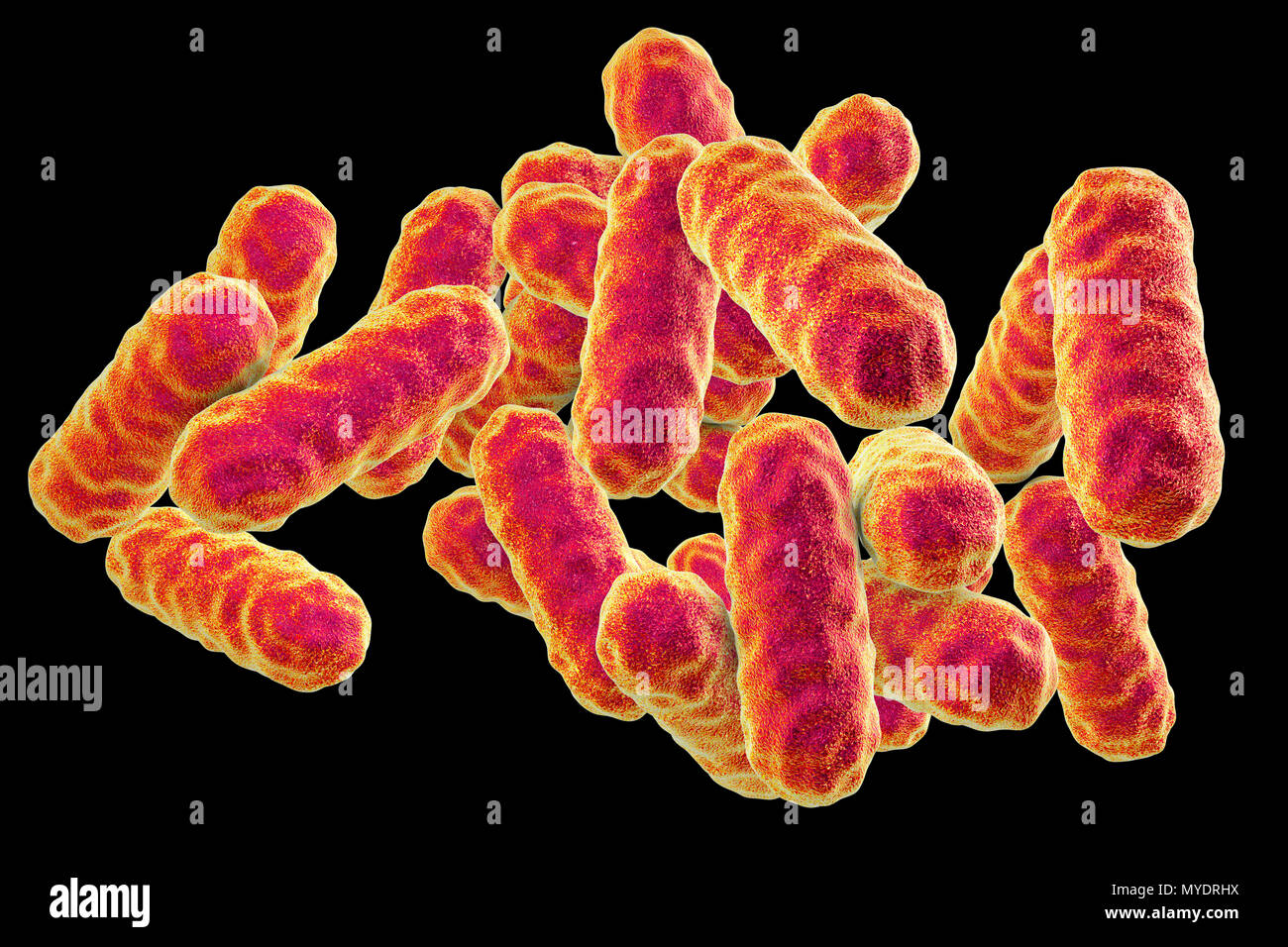
Serratia Marcescens Bacteria Hi Res Stock Photography And Images Alamy

Serratia Marcescens The Miracle Bacillus Answers In Genesis
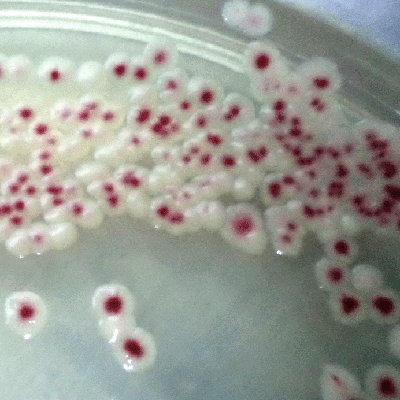
Serratia Marcescens Eurofins Crl
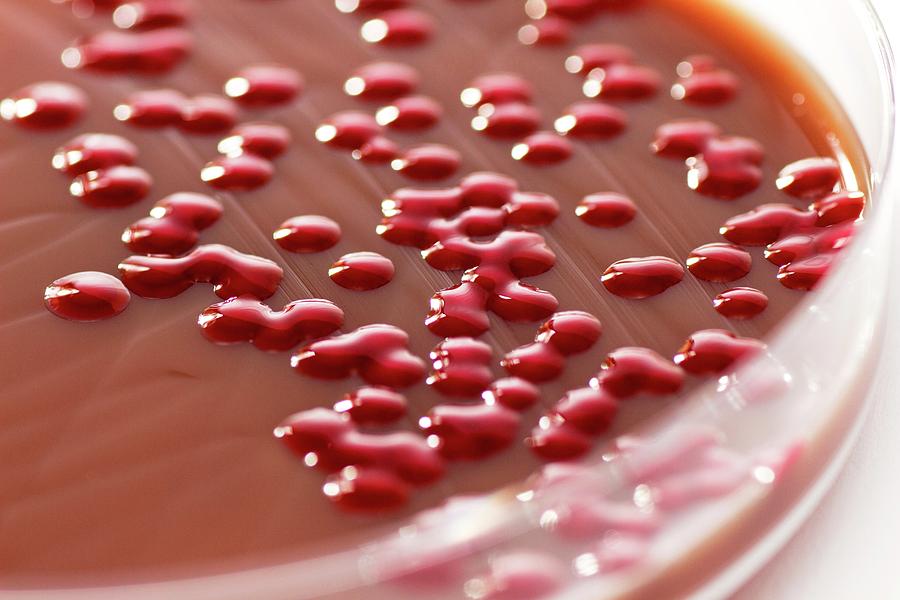
Serratia Marcescens Culture Photograph By Daniela Beckmann Science Photo Library Fine Art America
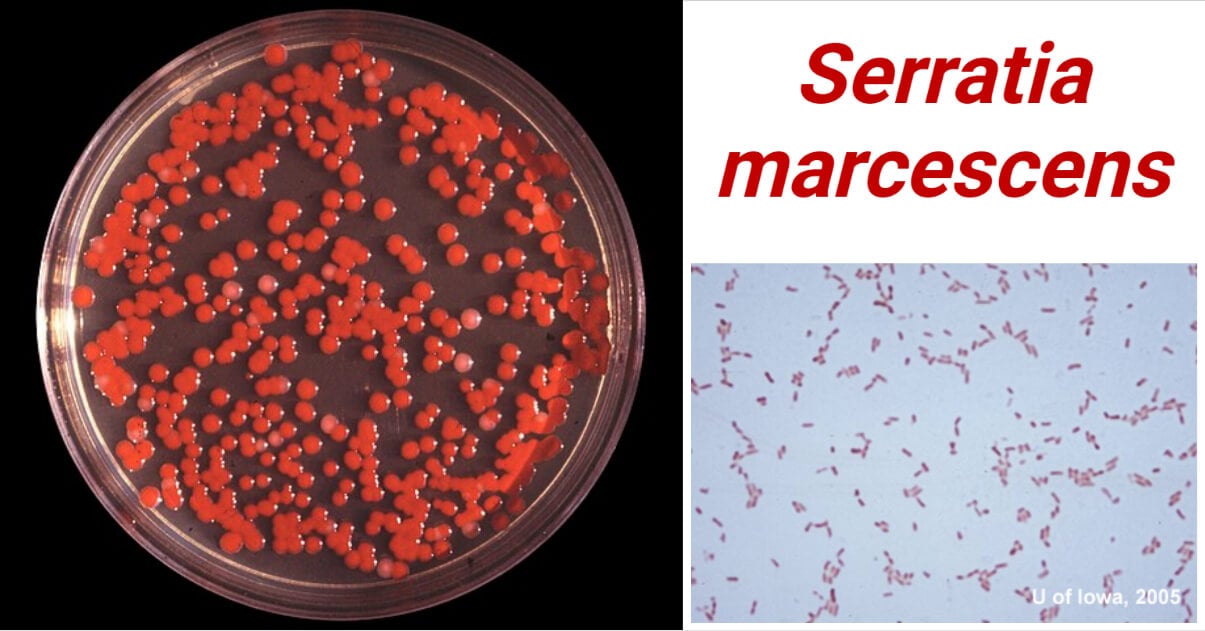
Serratia Marcescens An Overview

Serratia Marcescens Colonies Pigmented And Non Pigmented P Flickr


